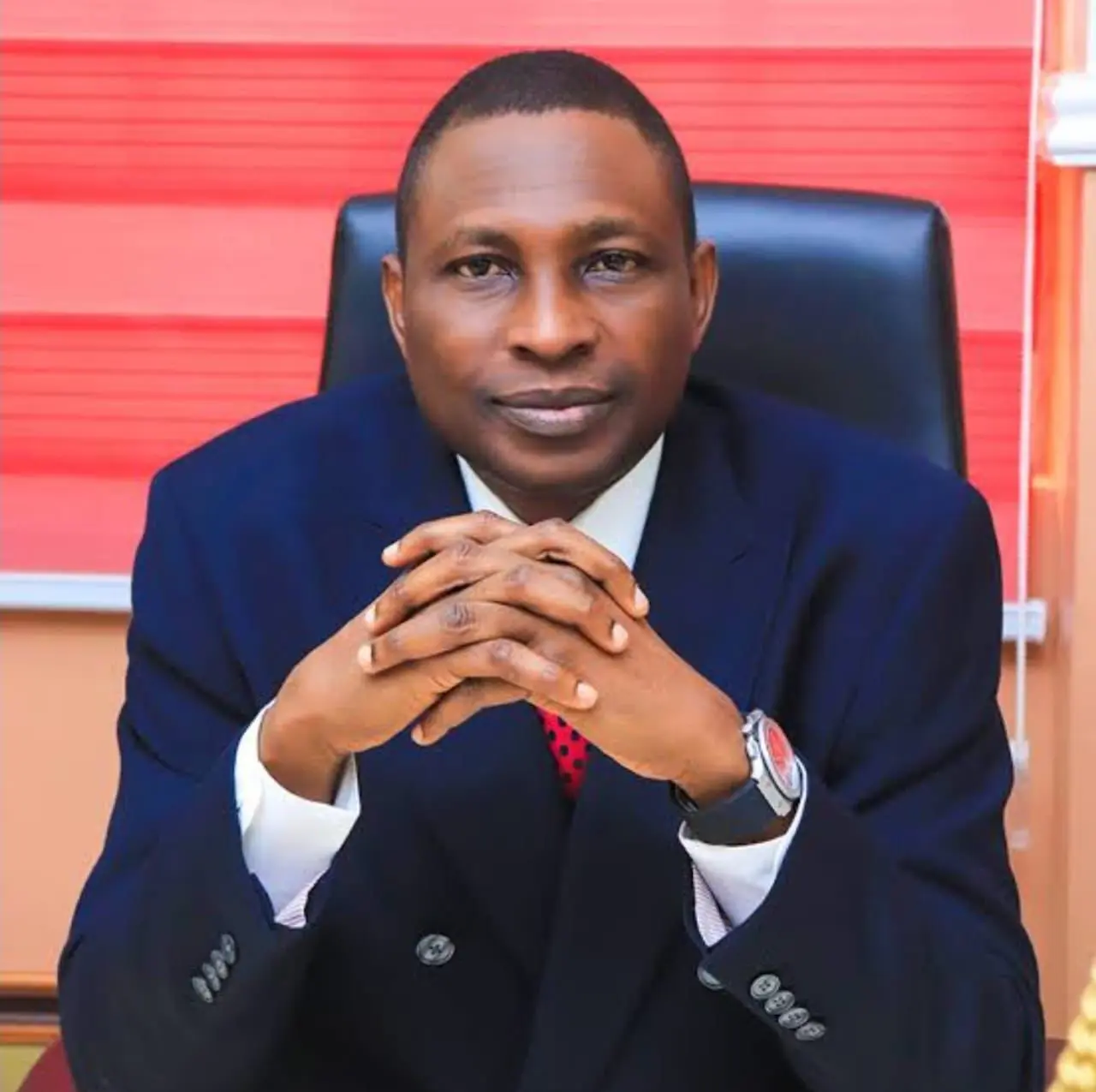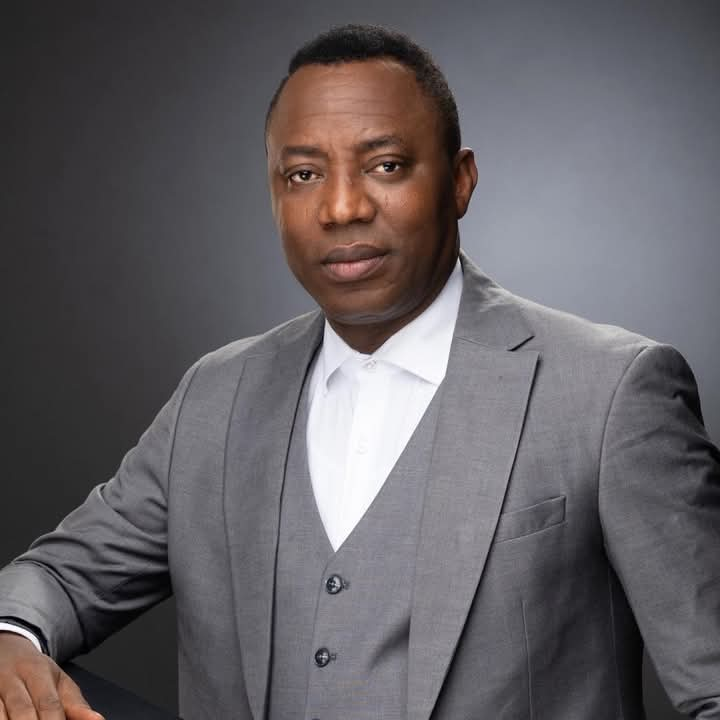The Federal Government has approved the disbursement of ₦32.9 billion under a revised funding framework for the Basic Health Care Provision Fund (BHCPF) to boost primary healthcare delivery across Nigeria.
The announcement was made during the 12th Ministerial Oversight Committee (MOC) meeting of the Federal Ministry of Health and Social Welfare (FMOHSW) held in Abuja.
Coordinating Minister of Health and Social Welfare, Professor Muhammad Ali Pate, unveiled the BHCPF 2.0 Revised Guideline, a policy designed to enhance transparency, accountability, and efficiency in health financing.
Pate said the new disbursement—expected before the end of October 2025—will support over 8,000 primary health care centres (PHCs) nationwide and expand coverage to 13,000 facilities in the next phase. The revised guideline increases quarterly allocations to PHCs to cover operational costs, staff stipends, and emergency services.
He noted that the government is improving governance through stronger oversight mechanisms, including new conflict-of-interest protocols and a joint monitoring task force with the ICPC to ensure proper fund use. A digital platform for the National Emergency Medical Treatment Committee (NEMTC) is also being deployed to improve transparency and real-time monitoring.
On data integrity, Pate announced that Data Quality Assessments (DQAs) will be institutionalised nationwide, while states must submit verified beneficiary lists with National Identification Numbers (NINs) to the National Health Insurance Authority (NHIA) by December 2025.
Highlighting results from BHCPF reforms, he revealed that Nigeria recorded over 80 million PHC visits in the first two quarters of 2025—a fourfold increase compared to 2023. Over 21 million Nigerians are benefiting from the Vulnerable Groups Health Insurance Fund, while 15,000 women have accessed emergency obstetric care. Maternal mortality has dropped by 12%, and immunisation coverage in northern states has reached 92% under integrated vaccination campaigns.
Minister of State for Health, Dr. Iziaq Adekunle Salako, noted that BHCPF-supported facilities show better performance and higher service utilisation than non-beneficiaries, underscoring the need for expanded funding.
He said the government will work with the National Assembly and partners to increase primary healthcare financing and ensure evidence-driven decision-making through reliable data and regular performance reviews.
Other stakeholders, including WHO, UNICEF, and state health officials, praised the BHCPF’s governance model and its measurable impact. WHO Representative Dr. Pavel Ursu commended Nigeria’s progress toward universal health coverage, citing strong collaboration between government and development partners.
NPHCDA Executive Director, Dr. Muyi Aina, reported that ₦14 billion was disbursed in the last two quarters to 8,304 facilities, with service utilisation doubling across key indicators. He announced that over 5,000 additional PHCs will be added in the next funding cycle, and facility funding has been raised to ₦600,000–₦800,000 per quarter based on service volume.
Under the National Emergency Medical Treatment Committee, ₦476 million was allocated in the last quarter to support hospital care and emergency transport, benefitting over 11,000 patients, including maternal and newborn cases.
Professor Pate reaffirmed the government’s commitment to achieving Universal Health Coverage, stressing that the BHCPF remains central to Nigeria’s health reform agenda.








